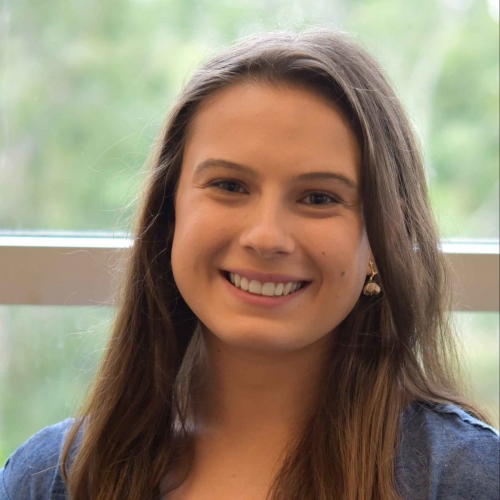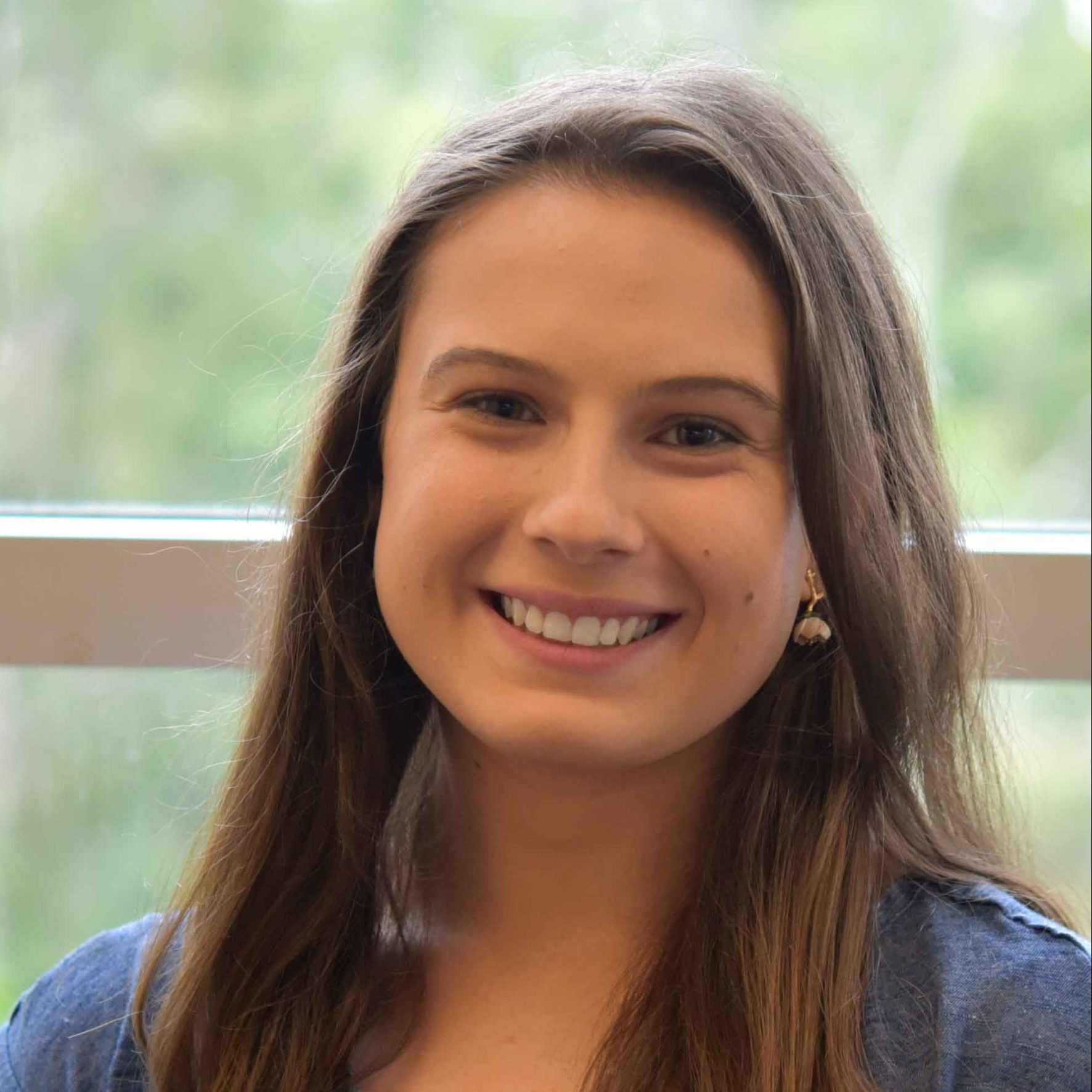
Ebony Watson
The University of Queensland
I received my Bachelor of Science (genetics and zoology), with first class honours (genetics), from the University of Queensland in 2017. My undergraduate and honours research concentrated on ectotherm physiology, including characterising the properties of elapid venoms, and investigating the molecular basis of extreme acid-tolerance in amphibians. In January 2019 I began my PhD with Associate Professor Jessica Mar at the Institute for Bioengineering and Nanotechnology, where I moved out of the wet lab and into computational biology. My current research is focused on investigating the mechanisms behind ageing and age-associated diseases through the application of machine learning and image analysis techniques.
Can you give me a quick overview of the type of mathematics you are studying and its potential applications or outcomes
Computational biology is an interdisciplinary field that utilises methods from mathematics, statistics, and computer science for the analysis and exploration of biological data and concepts. My research is focussed on the development of predictive models of cellular senescence, a complex cellular stress response that drives age-associated dysfunction and disease.
The highly heterogeneous and dynamic nature of the senescence phenotype has hindered the identification of practical, specific, and robust biomarkers for the targeting of these cells. However, certain machine learning algorithms, such as multi-layer neural networks, can facilitate the discovery of novel patterns and relationships in high-dimensional biological data that are too intricate for humans to identify manually. By applying methods like these to large-scale, high-content imaging data of ageing cells, I aim to comprehensively characterise the senescence response, aiding in the development of targeted therapeutics.
How did you get into bioinformatics?
I moved into bioinformatics/computational biology as I feel that there is much more information contained within biological datasets than we manage to extract from them. I am very interested in discovering how we can go about getting the most out of the biological data we generate.
What advice would you give to your younger self or others wanting to studying the mathematical sciences?
As cliché as it sounds, I would tell past me to believe in myself more! I went through high school, and a significant portion of university, with the notion that mathematics was much too hard for me to ever understand. As a result, I avoided it as much as I could, until I began to get more involved in research and data analysis and was forced to confront it head-on. I discovered very quickly however that not only could I understand those ‘much too hard’ concepts with a bit of dedicated study, I genuinely enjoyed learning about and applying them! My advice to those wanting to study mathematical sciences in the future is to develop a really good understanding of the fundamentals. Learning new and complex methods can happen very quickly once you have those down.
What was your motivation for attending AMSI BioInfoSummer?
During the first year of my PhD, another student in my lab attended AMSI BioInfoSummer 2019 and shared her notes from the conference with me. As someone who was very new to the field, the diversity of talks and workshops opened my eyes to the extensive research possibilities there were in bioinformatics and computational biology. When it came around again in 2020 I couldn’t wait to attend it first-hand.
You received an AMSI BioInfoSummer registration scholarship to attend AMSI BioInfoSummer. How important was this in terms of your ability to attend and fully participate in the sessions throughout the week?
As a PhD student, the AMSI BioInfoSummer registration scholarship removed any potential financial barriers for my attendance at the conference, and was very helpful in providing the opportunity and encouragement to explore more diverse mathematical concepts.
What was your main take away from AMSI BioInfoSummer?
I am hoping to extend my current research to include the integration of multimodal data. There were several talks and workshops around data integration at the conference that gave me an excellent jumping off point for exploring these methods further.
If a peer asked you if they should attend AMSI BioInfoSummer, how would you describe the conference to them?
AMSI BioInfoSummer is an excellent opportunity to immerse yourself in the fields of bioinformatics and computational biology for a week, where you have the opportunity to gain insight into both common and novel approaches. The broad topics covered in the workshops also give you the opportunity to develop some core skills in the analysis of several data types.
BioInfoSummer was held as a virtual event for the first time in 2020. What was the biggest positive from your point of view of holding it in this format and/or the biggest challenge?
The biggest positive was the convenience of being able to attend the conference from my desk in Brisbane. This made it much easier to look up interesting resources or techniques, as well as try things out on my primary workstation. The biggest challenge was that it is not as easy to immerse yourself entirely in the conference, as things still manage to come up that pull you away from your desk.
Where do you want the mathematical sciences to take you? Where do you see yourself in five or ten years’ time?
I would like to use my skills in bioinformatics and computational biology to develop clinical pipelines, such as for the analysis of patient data for personalised medicine.
2020 has been a very unusual and challenging year. What is one thing you have learnt about yourself this year? Or a new skill you have developed?
Being able to give my full attention to meetings and seminars that are delivered via zoom in the same way I would if they were delivered in person was definitely a new skill that I had to develop over the course of 2020.

